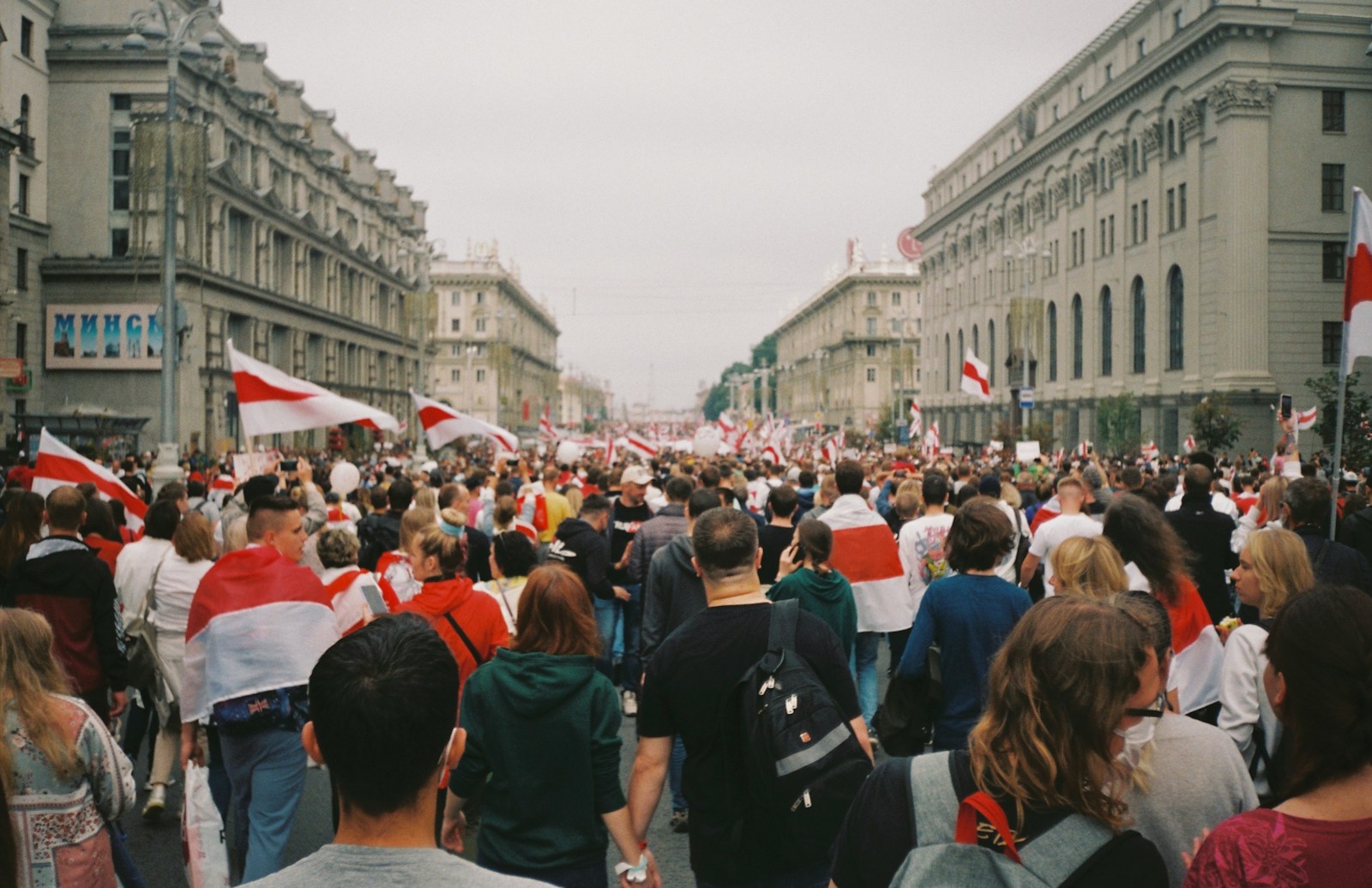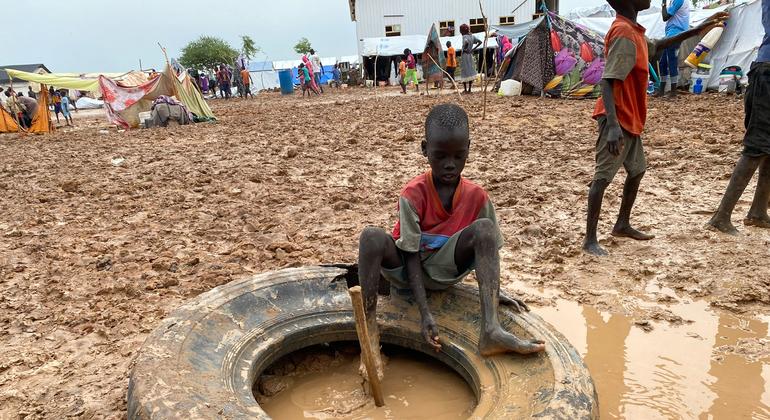It has been almost one year since Basir Al Sqour, a 47-year-old former military officer in the Jordanian army with the rank of “major,” had to leave his country in a hurry because of his change of religion and the ensuing persecution due to his choice. He managed to reach Greece in November 2023 where his brother Omar and his wife had arrived two months earlier. All of them have provisionally found a safe but fragile haven in that country where they have applied for asylum.
A disturbing change of religion for Jordan
Basir Al Squour was a Sunni Muslim but in 2015 he discovered and joined a new religious movement having its roots in Twelver Shia Islam: the Ahmadi Religion of Peace and Light. Such a case could be compared to a Catholic converting to a marginal Protestant group, like the Adventists or Jehovah’s Witnesses. This would remain unnoticed and without any damaging consequences in any country with a Christian majority population. Not in Jordan where he was viewed as a heretic by the military hierarchy, mainstream religious scholars, the civil authorities and the Muslim population.
The Ahmadi Religion of Peace and Light, a liberal Muslim movement
The Ahmadi Religion of Peace and Light appeared in 1999 in the chaotic post-Saddam Iraq and soon expanded to other countries with Sunni or Shia majority populations. This Muslim community is not to be confused with the Ahmadiyya Community founded in the 19th century by Mirza Ghulam Ahmad within a Sunni context.
The Ahmadi Religion of Peace and Light is a very small community in Jordan. As they are considered heretics, they face ongoing challenges, including harassment from authorities, threats of violence and social exclusion due to their divergent beliefs from the traditional orthodox views. Their followers believe that the real Kaaba is not in Mecca (but in Petra, Jordan), that all the prophets throughout the history of Islam made mistakes, that fixed times for prayers are not necessary, that Ramadan is in December, that headscarves should not be mandatory for women, that alcohol can be freely but moderately drunk. They accept LGBTQ people in their community and believe they should not be stigmatized or persecuted.
Some points of the legal framework about religion
The U.S. government estimates the population at 10.9 million (midyear 2020 estimate). According to U.S. government estimates, Muslims, virtually all of whom are Sunni, make up 97.2 percent of the population.
The constitution declares Islam “the religion of the state” but safeguards “the free exercise of all forms of worship and religious rites,” as long as these are consistent with public order and morality. It stipulates there shall be no discrimination in the rights and duties of citizens on grounds of religion and states the King must be a Muslim.
The Jordanian Penal Code includes provisions which criminalise defamation of religion, the monarchy and other institutions. Article 273 of Jordan’s Penal Code, for example, criminalises “contempt of any of the Prophets” with imprisonment for up to three years. This includes attributing any mistakes to them. Article 278 criminalises” publishing anything that would insult the religious feelings or religious beliefs of other people”. This extends to publishing books that violate public norms and values, are religiously offensive, or are insulting to the King. Additionally, article 274 of the Jordanian Penal code criminalises eating or drinking in public during the month of Ramadan with imprisonment up to a month and a fine.
The escalation in the state and societal persecution of the Ahmadi Religion
Not surprisingly, the Jordanian authorities launched a ruthless campaign to shut down the faith and crack down on its members. In 2020, the Jordanian authorities even went as far as shutting down the satellite channel of the religious community, which was broadcasting to hundreds of thousands of homes in the MENA region. Initially the authorities censored any material that spoke negatively about Jordan. Then the Jordanian government made an official request to the satellite company, succeeding in shutting down the channel completely and getting it off air.
Inside Jordan, the crackdown was even more severe, with harassment, social ostracism and violent attacks on the homes of followers of the Ahmadi Religion. Basir’s family for instance reported being called “impure apostates” and relatives refused to enter their homes or to eat and drink with them. Yet things escalated further when one day the extended family of Basir attacked his house. They came with sticks and even shot guns at the house. According to their thinking it was permissible to kill him since he was a “murtad” (an apostate).
The escalation in the persecution targeting Basir Al Sqour
Basir Al Sqour graduated from King Hussein’s Air College as a combat pilot. When it was known that he was an adherent of the Ahmadi Religion of Peace and Light, persecution started.
He was subjected to continuous investigations because there was no place for a heretic in the army of the Hashemite Kingdom of Jordan.
In mid-2017, his unit’s commander urgently summoned him to the military intelligence office. He thought it would just be a routine inquiry about his change of religion but this time, it was different. The investigation officers threatened him that he would face military trial under severe charges, including apostasy and treason, if he did not resign from his position in the army or recant his new religious affiliation. Concerned for his family’s safety, he chose to resign after an 18-year military career, losing all his retirement benefits and entitlements.
A provisional but fragile safe haven in Greece
The whole family of Basir is now scattered across several European countries.
For the moment, Basir is in Greece with both his brothers, Omar and Ahmed, and Omar’s wife, Wala. They have all applied for asylum in Greece. Basir and Omar are waiting for the decision of the authorities.
For the main fundamental reason – heresy because of their divergent theological doctrines and practices – the Ahmadi Religion of Peace and Light and their followers are persecuted in quite a number of countries with Muslim majority populations: Algeria, Azerbaijan, Iran, Iraq, Malaysia, Thailand, Turkey…















